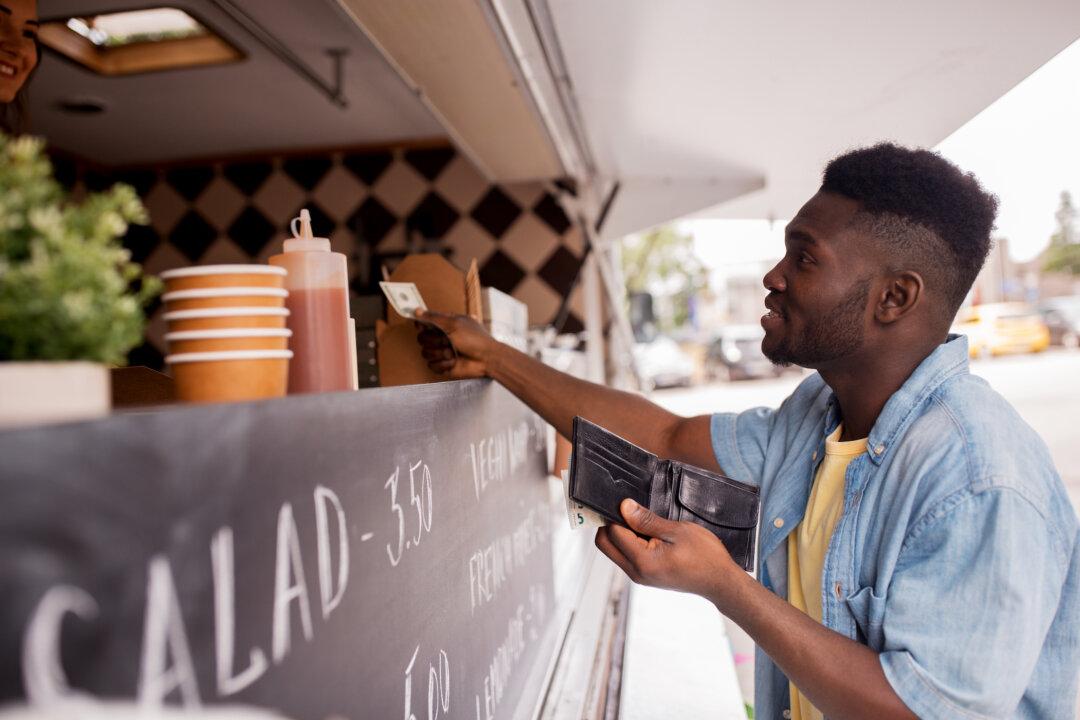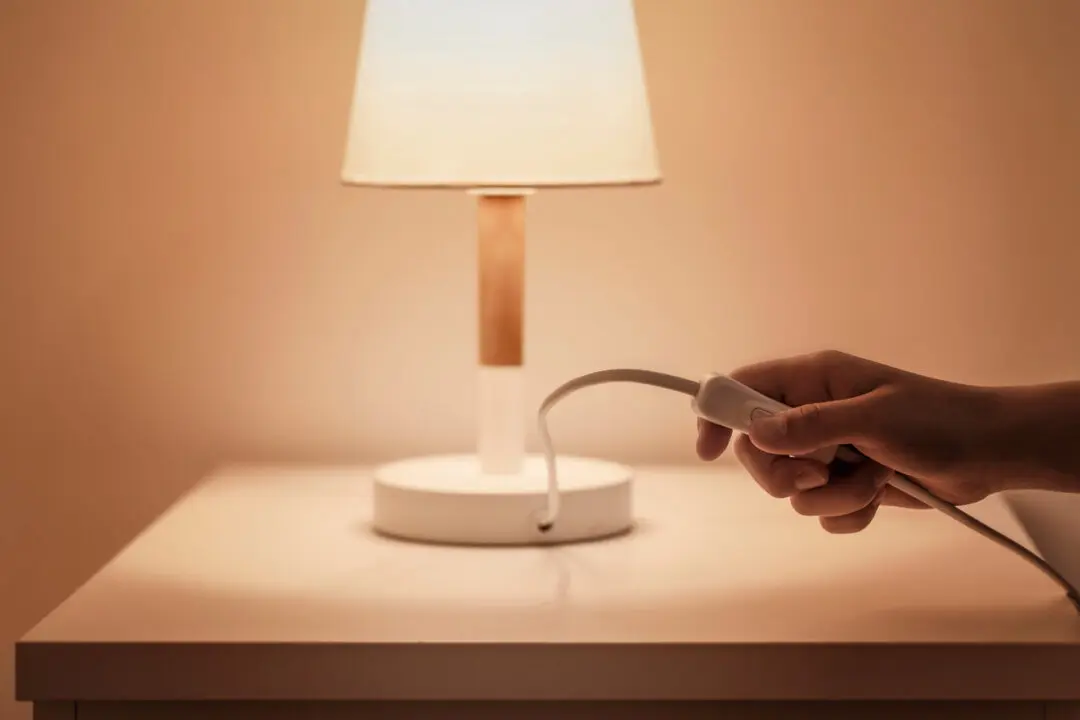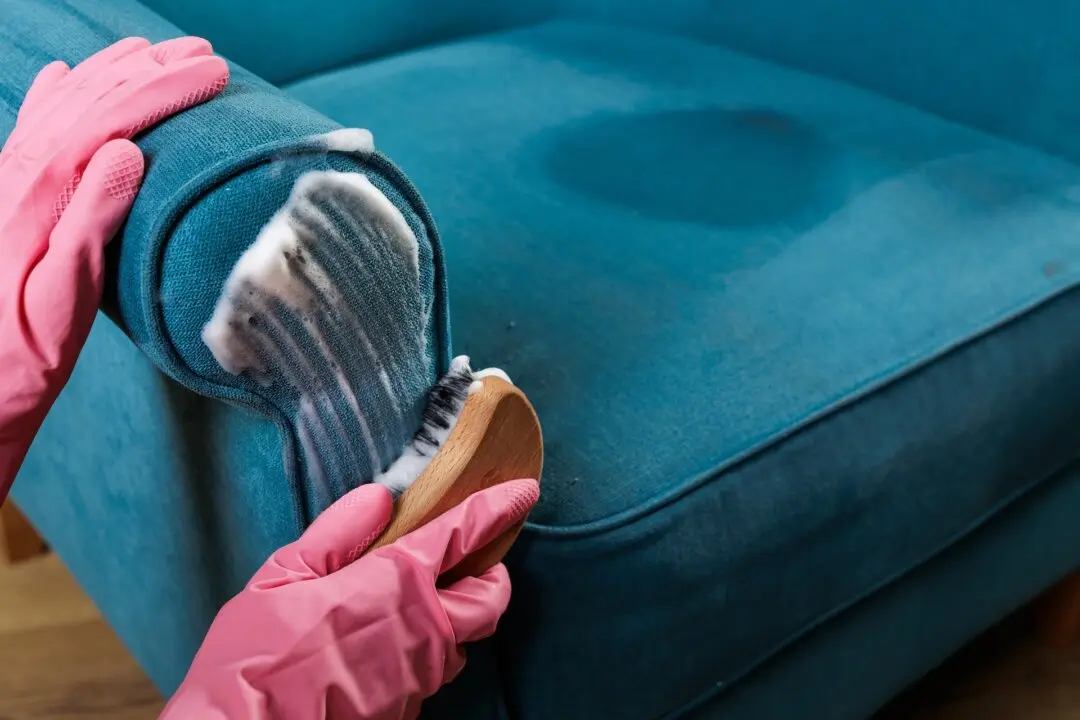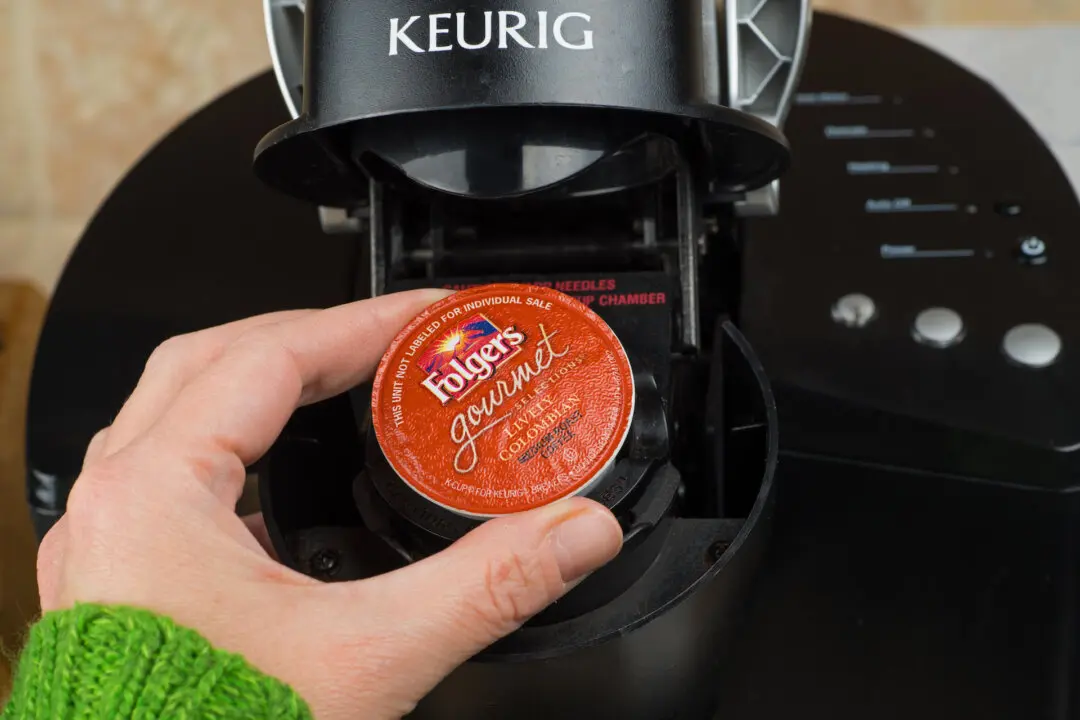Dear Cheapskate: I hardly ever carry cash and rarely use credit. I use only a debit card. But still, there are times I feel out of control. How can I get some control over my spending?—Rob K., Nebraska
Dear Rob: Merchant research groups have proven it over and again: Customers who shop with plastic spend about 30 percent more than those paying with cash. I believe that’s because credit and debit cards (even checks) are stand-ins for our money. They’re not the real thing, but more like “play money.”





